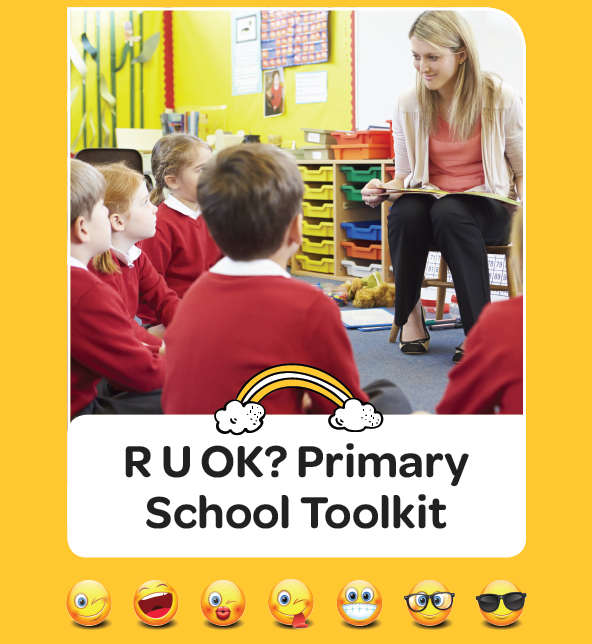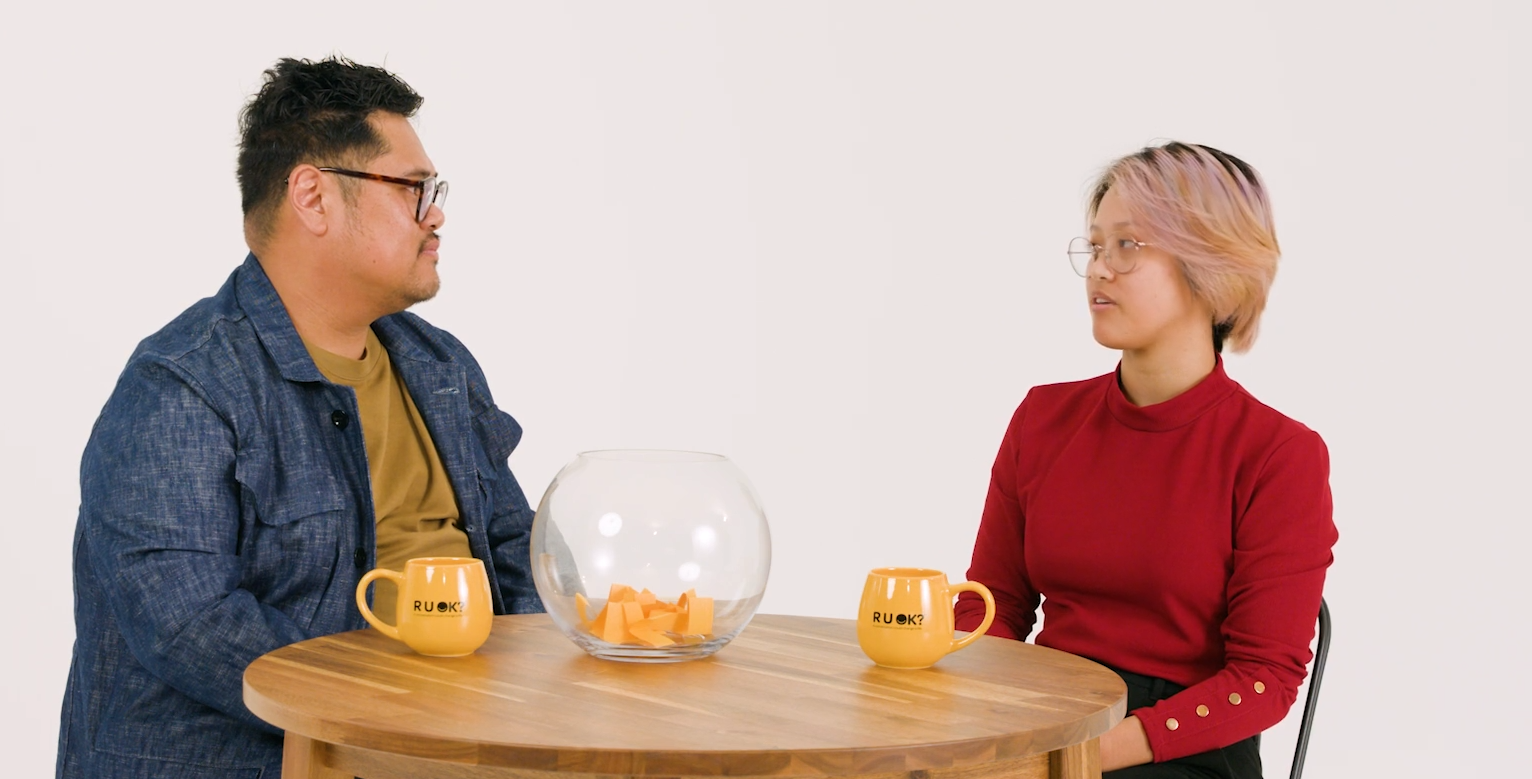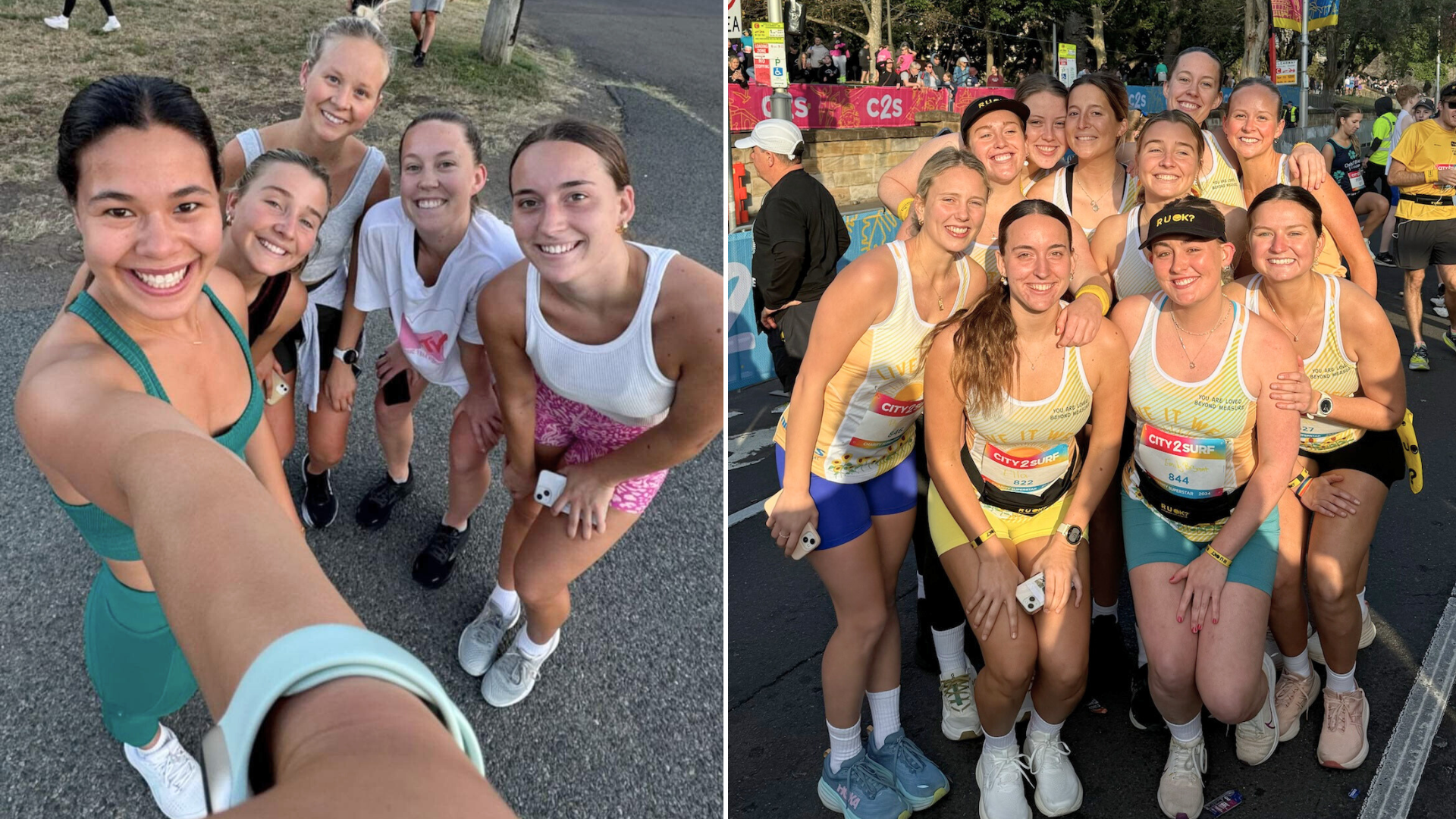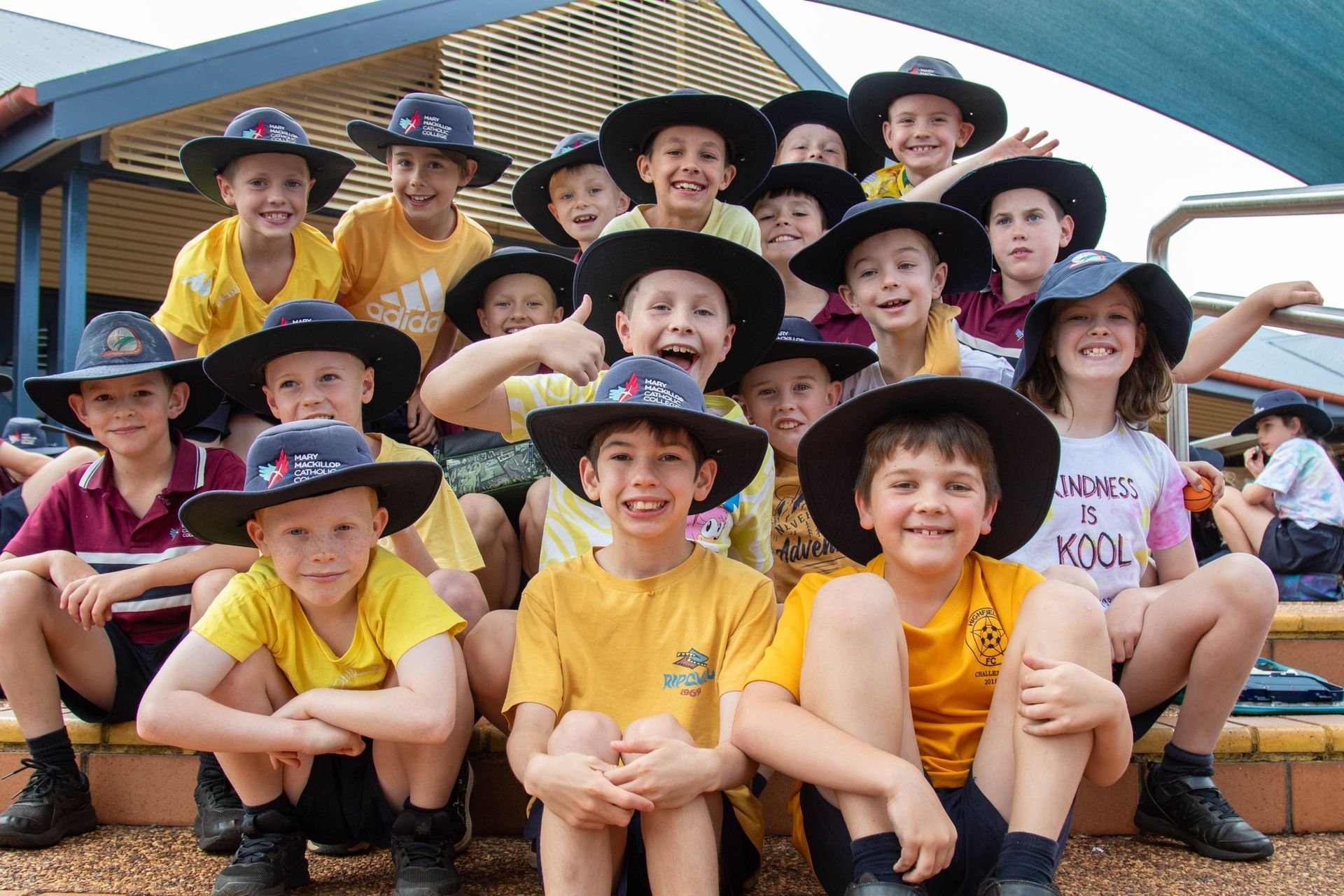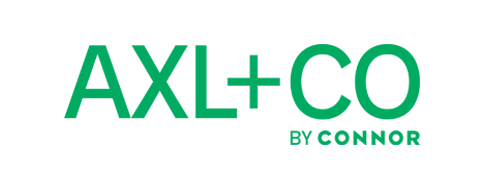R U OK? launch primary school kit to encourage the question; R U OK?
R U OK? has rolled out a primary school-based toolkit targeting children from six to 12 years of age. The toolkit will encourage students to look out for their class mates by helping them learn skills to recognise that a friend might not be OK and how to ask the question.
The R U OK? Primary School Toolkit supports Australian-wide curriculum requirements and has been developed so younger students can understand what someone looks and feels like when they are struggling, how to be a good friend and to seek help from a trusted adult if a problem is too big to manage.
In Australia, approximately 14 per cent of children aged four to 17 years old experience a mental health problem each year, amounting to 560,000 Australian children and adolescents in any one year. The charity along with an advisory group, have developed the age appropriate kit with the aim of helping young students support friends through life’s challenges as they develop in to teenagers and adults.
Young people are most likely to talk to friends or family members as the first step in seeking support, although many young people will be unsure of the best way to help. The R U OK? Primary School Toolkit will act as a platform to begin to develop the necessary confidence and skills in this age group.
Education Resource Architect Sarah Jackson said, “The value of reaching children early and equipping teachers with pre-packaged classroom activities to aid Health and PE lessons and life skills, can only strengthen our collective efforts to make younger students more resilient and equipped for life.”
The toolkit contains structured lesson plans for teachers and classroom activities that focus on identifying feelings, what behaviours make someone a supportive friend, what behaviours/comments may indicate a friend is struggling and resources to nominate a thoughtful class mate for a Certific-mate award. The activities are designed to be flexible and fun, while reinforcing supportive behaviours.
The charity hopes the toolkit will make a positive long-term contribution to strengthening peer-to-peer support in young people across Australia.
R U OK? CEO Brendan Maher said, “We are extremely proud as an organisation to offer this free toolkit to Australian primary schools’ so our young people can learn how to better support each other. We hope that embedding these skills in the formative years will make checking-in behaviors and open conversations the new norm going forward.” he said.
For more information and to download the toolkit, go to www.ruok.org.au/education
For more information on Sarah Jackson, visit: www.sarahjacko.com
Sign up to our newsletter for conversations tips, news and insights from our staff, experts and supporters.
Nature's Symphony
R U OK? is an Australian suicide prevention charity and registered public health promotion that encourages people to stay connected and have conversations that can help others through difficult times.
R U OK? acknowledges Aboriginal and/or Torres Strait Islander peoples and communities as the traditional custodians of the land on which we live and work and pay our respects to elders past, present and emerging. We are an inclusive organisation and respect people of all backgrounds, genders, sexualities, cultures, bodies and abilities.
Nature's Symphony
R U OK? is an Australian suicide prevention charity and registered public health promotion that encourages people to stay connected and have conversations that can help others through difficult times.
R U OK? acknowledges Aboriginal and/or Torres Strait Islander peoples and communities as the traditional custodians of the land on which we live and work and pay our respects to elders past, present and emerging. We are an inclusive organisation and respect people of all backgrounds, genders, sexualities, cultures, bodies and abilities.
Nature's Symphony
R U OK? is an Australian suicide prevention charity and registered public health promotion that encourages people to stay connected and have conversations that can help others through difficult times.
R U OK? acknowledges Aboriginal and/or Torres Strait Islander peoples and communities as the traditional custodians of the land on which we live and work and pay our respects to elders past, present and emerging. We are an inclusive organisation and respect people of all backgrounds, genders, sexualities, cultures, bodies and abilities.


